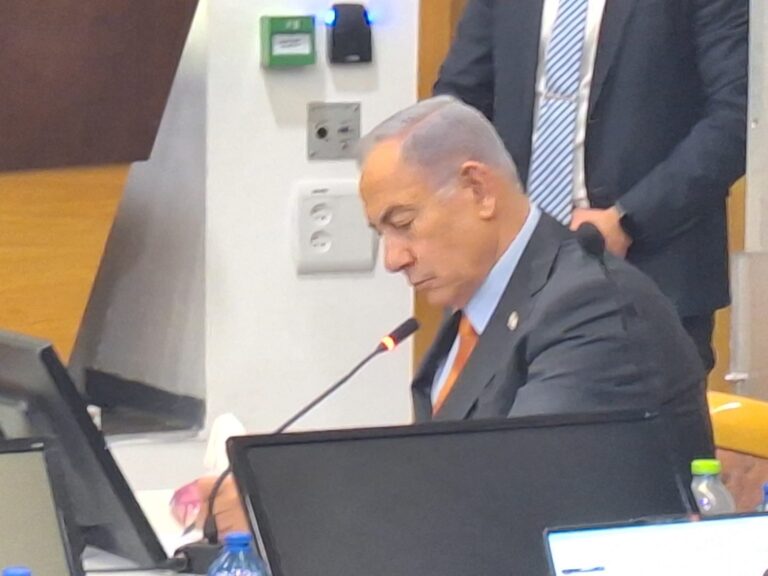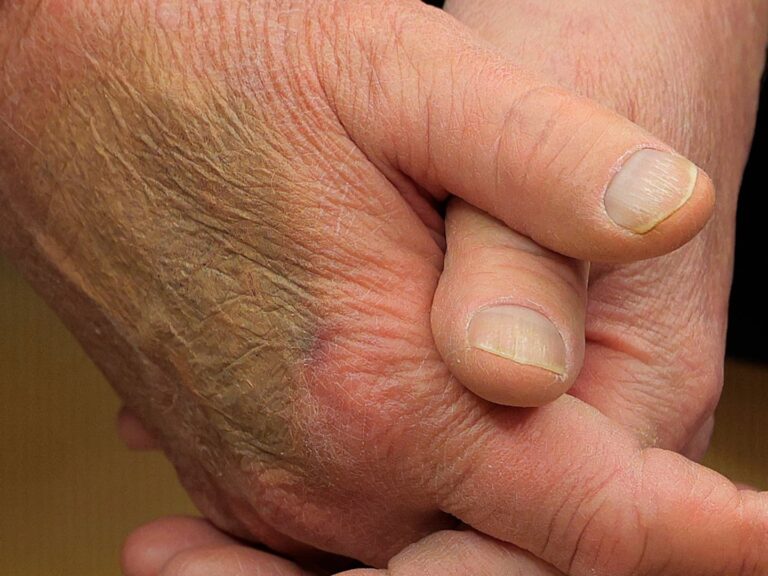The parsha begins with the pasuk describing how Hashem called Moshe into the inner chambers to speak with him. When reading this one ponders, how exactly can I understand what took place? Why was Hashem calling Moshe into his ‘home’ and what is the importance in specifying this?
Medrash points out that in last weeks parsha, at the conclusion of constructing each vessel, the pasuk stated ‘ka’asher tziva Hashem es Moshe’; roughly 18 times. Why the need for the repetition? Medrash brings an analogy to a king who has commanded his workers to build a beautiful palace. Throughout the project, as they completed each section-from the tiles to the stones and everything in between-they engraved the king’s name at the front of the room. Upon completion of the palace the king came to inspect their work and he saw his name etched everywhere; he was astounded. He looked as his staff and he proclaimed, all this was for my honor? He called in the project manager to speak with him and he thanked him for all his hard work and for completing his beautiful palace.
The same concept can be applied here. Moshe wrote ‘ka’asher tziva Hashem es Moshe’ after each vessel to show that the real honor belonged to Hashem. Hashem, upon completion of the Mishkan, called him into his inner chambers to express his appreciation for overseeing the project and making it magnificent.
Ksav Sofer explains this Medrash with a beautiful idea.
We find today that we have magnificent contractors and architects who build massive skyscrapers. They are paid a handsome sum to complete it and this is their job. Whenever they are trying to convince a new prospect to become a client, they will walk them down to their previously erected buildings and proudly proclaim, ‘see this? I built it.’ Every builder has a certain pride and satisfaction in what they have constructed. However, a builder who is working for a higher force-if his intention is solely for the honor of the king-what he is going to do is make the building wholeheartedly for the honor of his superior, his beloved king. What he will do is etch the logo of the king on every tile because he wants the complete honor to go to the person who hired him. What he is doing by putting the kings name everywhere is he is broadcasting that it was the king who told him where to lay these tiles, to build this wall and to place these beams, etc. There is no self pride at all.
The same was true by Moshe. He was so dedicated to Hashem that he wanted every element of the building of the Mishkan should go to honor and glorify the name of Hashem; it was to be kulo l’Hashem. Everything he did was all from Hashems mind; he did not receive any credit. When Hashem saw how committed he was, He said it was now deserving for him to come lifnei vlifnim.
Many things that we do in life, and many wonderful organizations throughout, were created from people within the heimishe community. Many were started by individuals who were driven by their desire to give back to community. But the true askan and the true baal chesed is the one who provides for others and doesn’t take an ounce of credit for himself-he is simply doing it to glorify the name of Hashem. It is very difficult for a person to be put into a position of power and/or honor without it affecting them. Our goal is to glorify Hashems name without deriving any personal honor or pride from it as that is one of our missions.
May we all be zoche.










